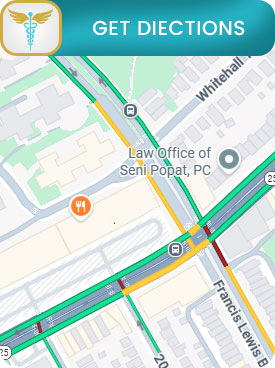Does Suboxone Help with Depression and Anxiety?
Suboxone is a widely used drug for the treatment of opioid addiction. Its key component can help patients suffering from significant depression and anxiety problems manage their symptoms. With the use of suboxone, our board-certified psychiatric mental health practitioner, Jean-Jeffrey Marcellus, at Marcellus Wellness & Addiction can assist in promptly easing depression and anxiety while helping an individual experience more at ease emotionally. We invite you to contact us today or schedule an appointment online. We are conveniently located at 205-07 Hillside Avenue Suite# 10, Queens, NY 11423.



Additional Services We Offer

Additional Services We Offer



